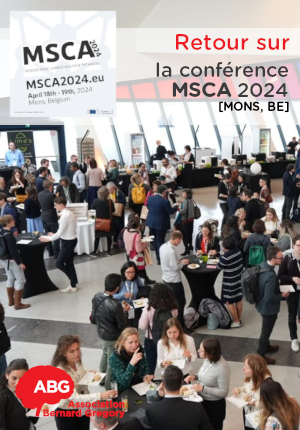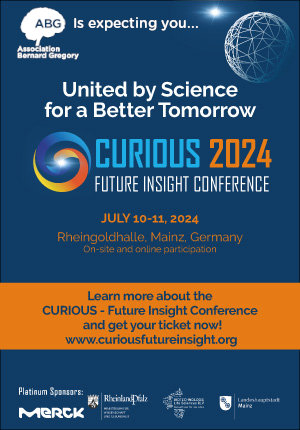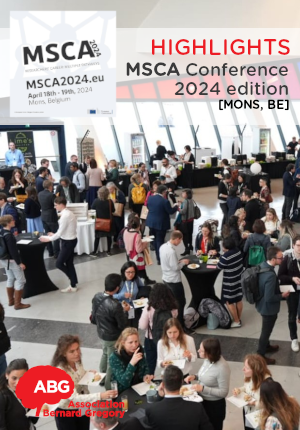PhD Position at University of Paris-Saclay in Neuro-symbolic Artificial Intelligence
| ABG-122021 | Sujet de Thèse | |
| 29/03/2024 | Contrat doctoral |

- Informatique
Description du sujet
This three-year, fully funded dissertation seeks to provide a neuro-symbolic AI framework for spatial-temporal learning and reasoning that can be easily explained. In order to achieve a high degree of performance in comprehending and reasoning about spatial-temporal data, the framework combines the advantages of neural networks with symbolic reasoning. In light of this analysis, the project will provide a new framework to combine neural networks with symbolic reasoning for the purpose of learning and reasoning in the spatial-temporal domain.
A neural network component and a symbolic reasoning component will make up the bulk of the proposed system. In order to learn spatial-temporal patterns from data, the neural network component would use several kinds of neural networks, such as convolutional neural networks (CNNs) and recurrent neural networks (RNNs). The symbolic reasoning part will reason about the learned spatial-temporal patterns using several kinds of symbolic reasoning, such as logic, rules, or knowledge graphs.
A neural-symbolic integration framework will be used to combine the two parts so that they can share information and improve each other's performance. The framework will be made in a way that makes it easy to understand and explain the logic behind it.
A variety of spatial-temporal datasets, including photos, videos, and sensor data, will be used to test the effectiveness of the proposed framework. Metrics including accuracy, efficiency, and interpretability will be used in the assessment. User research will also be a part of the assessment to see how well the framework explains itself.
The results of this Ph.D. project could have far-reaching consequences, including enhanced performance on spatial-temporal tasks, greater openness, and interpretability, enhanced decision-making, streamlined data processing, and accelerated innovation across a wide range of sectors and applications.
Details at: https://adum.fr/as/ed/voirproposition.pl?site=PSaclay&matricule_prop=49874#version
In case of any problem, please send your documents to: bikram-pratim.bhuyan at universite-paris-saclay.fr
cc to amar.ramdane-cherif at uvsq.fr
Nature du financement
Précisions sur le financement
Présentation établissement et labo d'accueil
https://www.universite-paris-saclay.fr/
Site web :
Intitulé du doctorat
Pays d'obtention du doctorat
Etablissement délivrant le doctorat
Profil du candidat
We are seeking a highly self-motivated individual to embark on a three-year, fully funded PhD dissertation that aims to develop a neuro-symbolic AI framework for spatial-temporal learning and reasoning. The successful candidate will join a dynamic research team and contribute to a project with potential for significant impact across various sectors. If you are passionate about advancing the field of AI and possess the skills and qualifications outlined, we encourage you to apply.
Object Oriented programming: Java, JavaScript, python
Modeling tools (UML, Protegee, others)
Languages: OWL, XWRL, XML, SWRL,
Advanced concepts related to knowledge representation, rule-based system, inference, reasoning and deduction mechanisms etc.
Vous avez déjà un compte ?
Nouvel utilisateur ?
Vous souhaitez recevoir nos infolettres ?
-
EmploiCDIRef. ABG123678LVMH / GaïaParis - Ile-de-France - France
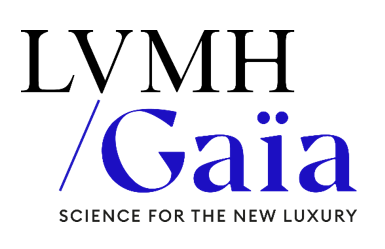
Ingénieur Recherche Nouvelles Matières Maroquinières (H/F)
MatériauxJunior -
EmploiAutresRef. ABG123339ABG - Association Bernard GregoryParis - Ile-de-France - France
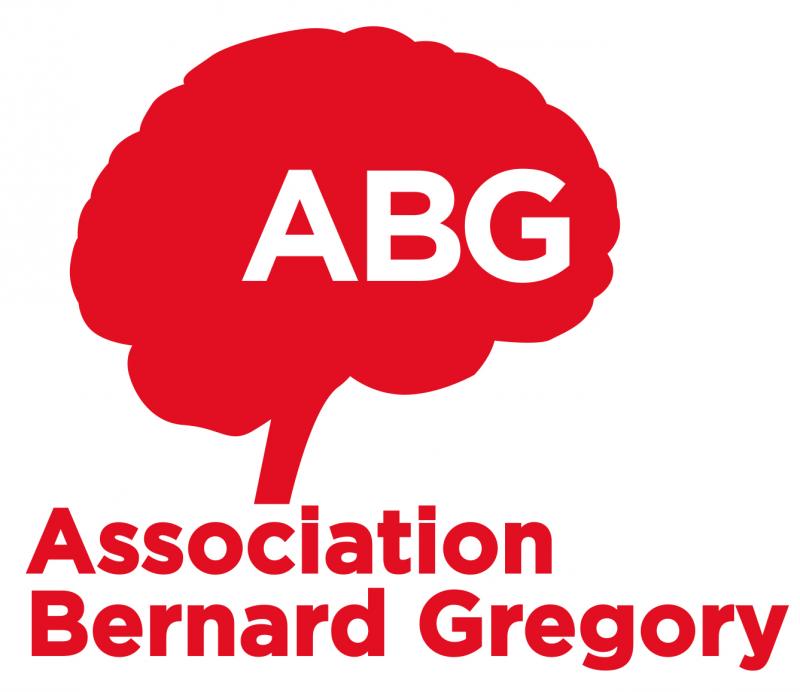
Directrice/directeur de l’Association Bernard Gregory (ABG)
IndifférentConfirmé -
Sujet de ThèseRef. ABG122567ENGEES/ icubeStrasbourg - Grand Est - France

Apports de l’intelligence artificielle dans l’amélioration de la gestion patrimoniale et la performance des réseaux d’alimentation en eau potable
Sciences de l’ingénieur - Génie civil, BTP - Informatique












